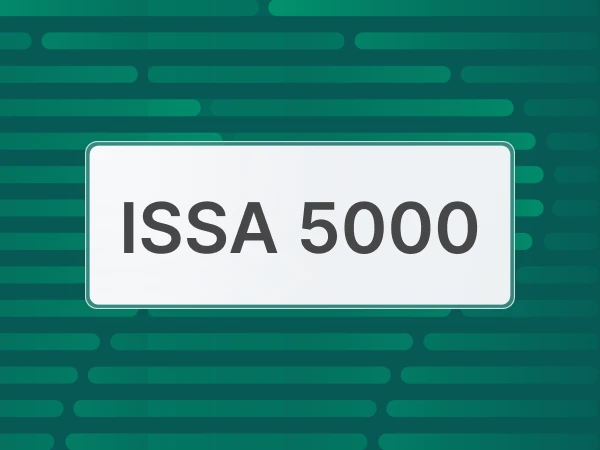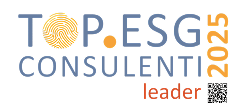LEED
The LEED (Leadership in Energy and Environmental Design) is a program of voluntary certification which can be applied to any type of building (both commercial and residential) and analyzes the entire life cycle of the building itself, from design to construction.
The LEED certificate It is one of most common certifications worldwide with regard to thesustainable construction. The certification was developed by U.S. Green Building Council (USGBC), a non-profit association, and has been adapted by different countries according to their regulations.
The LEED protocol promotes an approach oriented to sustainability, recognizing the performance of buildings in key sectors, such as: energy and water savings, the reduction of CO emissions2, the improvement of the ecological quality of the interiors, the materials and resources used, the design and the choice of the site.
The system is based on the attribution of 'credits' for each requirement presented in the checklist, divided into eight categories: Transportation and Location (LT), Site Sustainability (SS), Water Resources Efficiency (WE), Energy and Atmosphere (EA), Materials and Resources (MR), Quality of Internal Environments (IEQ), Innovation (I), Regional Priority (PR).
The maximum score is 110 points and corresponds to LEED Platinum certification while the minimum score for certification is 40 points corresponding to basic LEED certification. There are also two intermediate levels that correspond to silver and gold environmental certification.

























